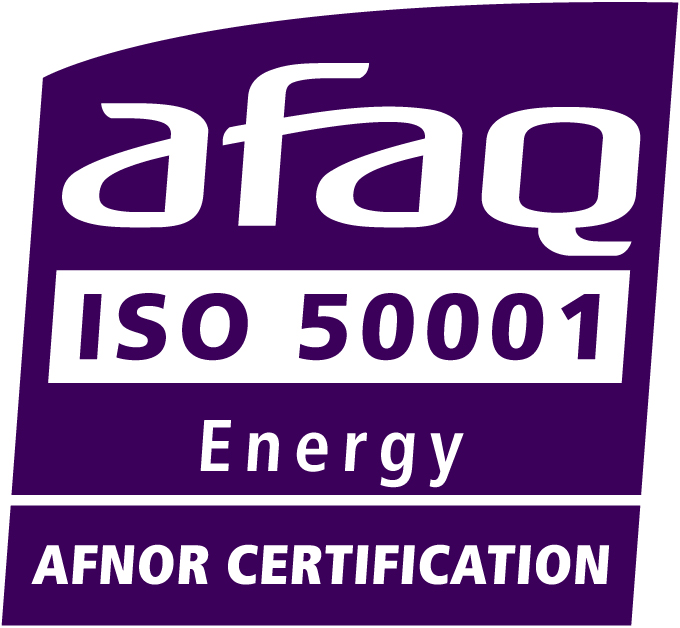
All members of the CERN community are ambassadors for CERN’s commitment to environmentally responsible research. We therefore need to understand the implications and audits of the ISO 50001 certification – the international standard used to continually monitor and improve energy management.
CERN was awarded the ISO 50001 certification on 2 February 2023 for a period of three years, covering the entire perimeter of the Organization: all sites, activities and energies. CERN’s unique array of accelerators, detectors and infrastructure is primarily powered by electricity, accounting for about 95% of CERN’s total energy use. In addition, the Laboratory uses natural gas for heating, fuel for its fleet of vehicles, diesel for emergency generators and commercial liquid nitrogen for cooling. The ISO 50001 standard provides guidance and tools to improve energy performance and integrate energy management into our overall efforts to improve quality and environmental management.
In this context, mandatory annual surveillance audits are carried out by the French Association for Standardization, AFNOR. The first surveillance audit for CERN took place from 28 February to 1 March. It required weeks of preparation, including an internal pre-audit with EDF in January. The process included technical assessments of the Laboratory’s largest energy consumers. Focused interviews were held with Management, technical teams including cryogenics, electricity, cooling and ventilation, and support teams such as HR, procurement and HSE. Training and awareness raising of the entire CERN community is an important facet of the certification; a dedicated communications plan was therefore also assessed during the audit.
Conclusions were positive and identified no non-conformities. The auditor produced an official report at the end of April recommending that CERN maintain the certification without reserve: “Although recently deployed, the energy management system demonstrates a good level of maturity and is based on a well-structured organisation. Changes have been implemented since last year, both in the provision of resources and in the organisation of new steering bodies in conjunction with the energy team.”
“The conclusion of the audit highlights how well the requirements of the standard have been implemented across the Organization, from top management to technical teams,” notes CERN’s energy coordinator, Nicolas Bellegarde. “The auditor was particularly impressed with the energy improvement actions carried out by CERN’s services and official bodies in 2023, including the experiments, demonstrating that the overall energy performance has improved and remains a top priority for the Organization.” The next audit will be carried out in February 2025.
Share your feedback about energy saving and find out more about CERN’s approach to energy management and the ISO 50001 certification here: https://hse.cern/content/energy-management

